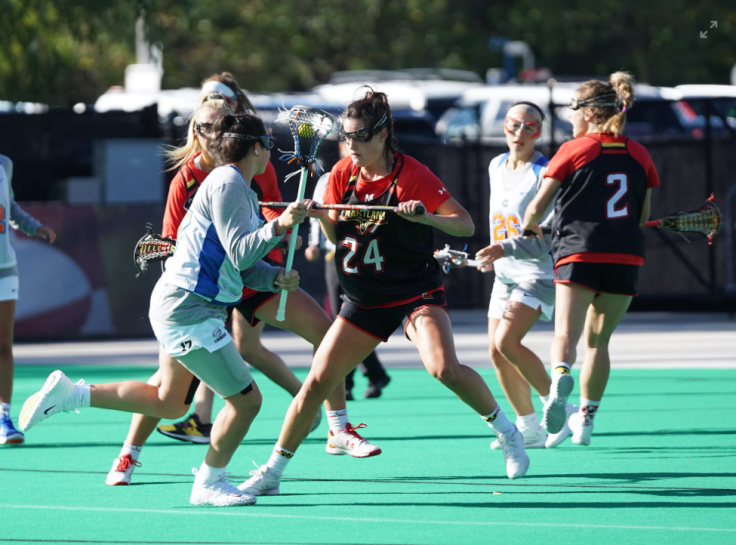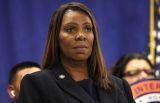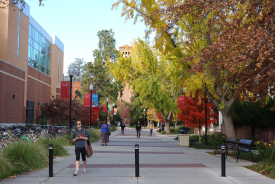The NCAA's latest Student-Athlete Health and Wellness Study brings forth a mix of positive news and lingering concerns regarding the mental health of student athletes. While there has been an overall improvement since the peak of the COVID-19 pandemic, disparities persist, particularly affecting female athletes, athletes of color, and LGBTQ+ athletes.

Improved Mental Health Post-Pandemic
The survey indicates a positive shift in the mental well-being of student athletes since the pandemic's height. Fewer athletes report feeling overwhelmed, mentally exhausted, or lonely, signaling a collective improvement in their mental health. This is an encouraging sign as student athletes have navigated the challenges brought about by the pandemic.
READ ALSO : US Department Of Education Investigates Whitman College For Discrimination; What We Know So Far
A Closer Look at Gender Differences
Despite the overall improvement, disparities remain, with female athletes experiencing higher rates of mental health challenges. The four most common concerns-insomnia, mental exhaustion, anxiety, and feeling overwhelmed-affect female athletes at significantly higher rates than their male counterparts. The persistence of sleeplessness and anxiety among female athletes underscores the need for targeted interventions and support.
Racial and LGBTQ+ Disparities
The study unveils disparities in mental health challenges among student athletes of different races and LGBTQ+ identities. Nonwhite athletes and LGBTQ+ athletes report distinct stressors impacting their mental well-being. Financial concerns, worries about the future, family issues, playing time, and team dynamics are more prevalent stressors for these groups. This aligns with broader trends in society but prompts a closer examination within the realm of student athletics.
Addressing Mental Health Disparities
In response to the identified disparities, the NCAA plans to reevaluate its Mental Health Best Practices. This document, which guides athletic and sports medicine departments in supporting players' mental health, will now incorporate specific advice for athletes of color and LGBTQ+ athletes. The aim is to address the unique challenges faced by these groups and provide tailored resources and support.
Consultant Betsy Cutler emphasizes the need for resources and support groups tailored to the needs of minority students. The study underscores the necessity of targeted conversations and programming for LGBTQ+ and BIPOC (Black, Indigenous, People of Color) student athletes. Education tailored to these vulnerable populations becomes crucial for fostering a supportive and inclusive athletic environment.
While the report indicates that athletes have a thorough understanding of where to seek help, there remains a disparity in their comfort levels. More than half of all athletes feel uncomfortable seeking support from on-campus mental health providers. Additionally, insecurities about accessing therapy, limited counseling center hours, and concerns about their specific needs being addressed contribute to barriers hindering athletes from seeking help.
Coach-Athlete Communication Challenges
A notable finding is the decline in athletes' confidence about sharing their mental health struggles with their coaches. The forthcoming updates to the NCAA Mental Health Best Practices aim to address this decline by emphasizing "health promotion." Creating an environment where discussing mental health is normalized is crucial to breaking down barriers and fostering open conversations between coaches and athletes.
As the NCAA takes proactive steps to address mental health disparities, there is a clear call for targeted support and open conversations within the realm of student athletics. The challenges faced by female athletes, athletes of color, and LGBTQ+ athletes highlight the need for tailored resources and education. By fostering an environment where mental health discussions are normalized, the NCAA aims to create a more supportive landscape for student athletes, ensuring their holistic well-being in both academic and athletic pursuits.
© 2025 University Herald, All rights reserved. Do not reproduce without permission.








